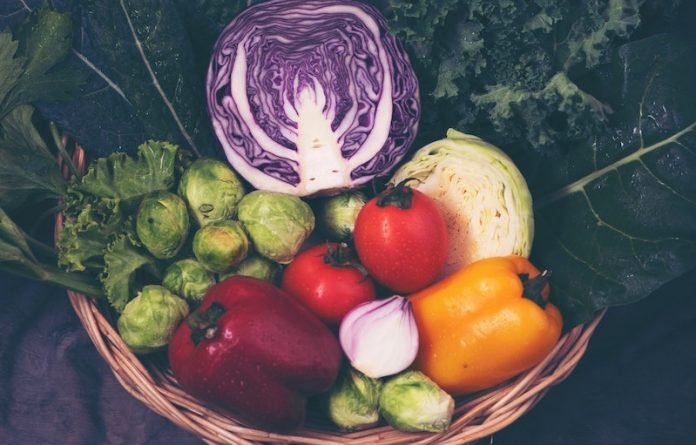
In a study from Tufts University, scientists found older adults with low vitamin K levels were more likely to die within 13 years compared to those whose vitamin K levels were adequate.
The results suggest vitamin K, a nutrient found in leafy greens and vegetable oils, may have protective health benefits as we age.
Vitamin K is a nutrient that is important for maintaining healthy blood vessels. It is found in leafy greens, such as lettuce, kale, and spinach, and in some vegetable oils, especially soybean and canola.
The review involved nearly 4,000 Americans aged 54-76. The team categorized participants according to their vitamin K blood levels.
They then compared the risk of heart disease and risk of death across the categories over approximately 13 years of follow-up.
The results showed no strong associations between vitamin K levels and heart disease.
However, the people with the lowest vitamin K levels had a 19 percent higher risk of death, compared to those with vitamin K levels that reflected adequate vitamin K intake.
The team says similar to when a rubber band dries out and loses its elasticity when veins and arteries are calcified, blood pumps less efficiently, causing a variety of complications.
The possibility that vitamin K is linked to heart disease and mortality are based on our knowledge about proteins in vascular tissue that require vitamin K to function.
These proteins help prevent calcium from building up in artery walls, and without enough vitamin K, they are less functional.
If you care about supplements, please read studies about vitamin D that could help reduce inflammation, and vitamin K that could lower your heart disease risk by a third.
For more information about health, please see recent studies about vitamin D can be cheap treatments for COVID-19, and results showing that vitamins and minerals aren’t risk-free. Here are 6 ways they can cause harm.
The study was published in The American Journal of Clinical Nutrition and conducted by Kyla Shea et al.
Copyright © 2022 Knowridge Science Report. All rights reserved.



